At least 30 civilians killed in northeast DR Congo by suspected ADF rebels
At least 30 civilians in the Democratic Republic of Congo (DRC) have been killed in a weekend massacre in the restive northeast of the Central African nation, local officials said.
Army spokesman Mark Hazukay announced on Sunday that suspected Uganda-based rebels affiliated with the Allied Democratic Forces (ADF) killed "about 30 people" in the town of Beni on Saturday night.
"We have just found their bodies," he said, adding that the victims were discovered in the Rwangoma neighborhood on the outskirts of Beni.
"The search for the bodies continues," he said.
The army spokesman explained that the ADF rebels had "bypassed" army positions "to come and massacre the population in revenge" for military operations recently carried out in the area.
The latest killings came just three days after DR Congo's President Felix Tshisekedi visited the region, pledging to do everything in his power to bring peace and security there.
Local civil society leader Gilbert Kambale also said that 35 bodies had been transferred to Beni's hospital morgue following the Sunday attack.
Beni lies in North Kivu, a province that has witnessed a long wave of attacks that the DRC government and the United Nations blame on the ADF.
The Beni region, in particular, has been the site of numerous massacres since October 2014, which have left more than 600 civilians dead so far.
The ADF, opposed to Uganda's President Yoweri Museveni, has established a presence in eastern DRC for more than 20 years, with dozens of armed groups remaining active in North Kivu, where government troops have also been suspected of preying on the civilian population.
The Rwangoma neighborhood where the latest massacre took place lies on the edge of the Virunga National Park, used as a hideout for armed groups.
Earlier in August, President Tshisekedi said US special forces would soon deploy to the east to gauge the potential for a local anti-terrorism unit to combat extremist violence.
The ADF was blacklisted in March by Washington as a terrorist group. It has publicly aligned itself with Daesh, which in turn has claimed responsibility for some of its attacks.
But in a June report, UN experts said they had found no evidence of direct support from Daesh to the ADF.
Israel preparing to stay in southern Lebanon after ceasefire: Report
Israeli pressure on Hamas ‘hardly helped’; swap deal necessary: Ex-Mossad chief
Far-right Israeli minister Ben-Gvir again storms al-Aqsa Mosque
Iran: Israel’s attack on journalists’ vehicle in Gaza amounts to ‘war crime’
VIDEO | Israel’s war spending
Palestine Action wins again
VIDEO | Palestinian Authority's blockade of Jenin refugee camp reaches third week
Dec. 25: ‘Axis of Resistance’ operations against Israeli occupation


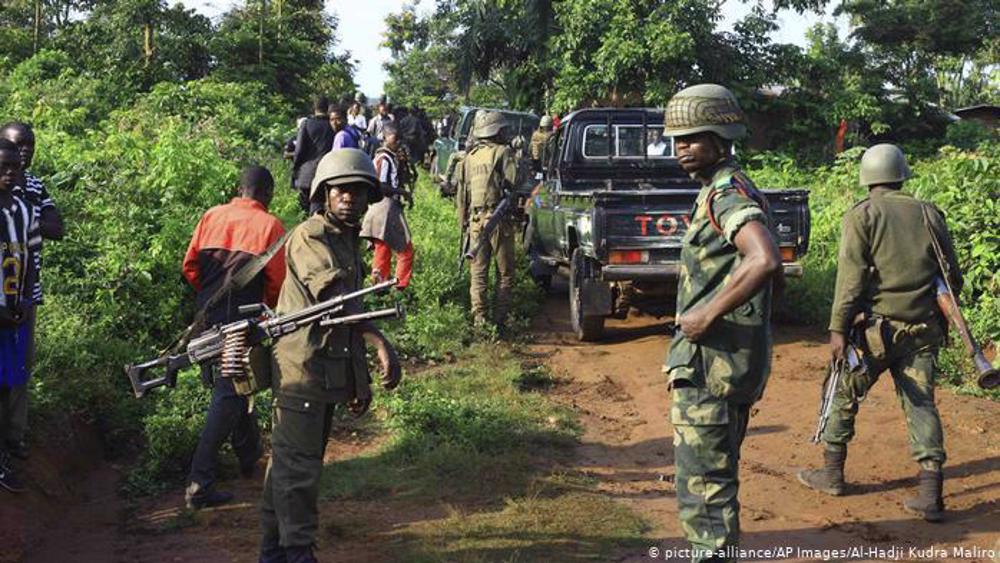
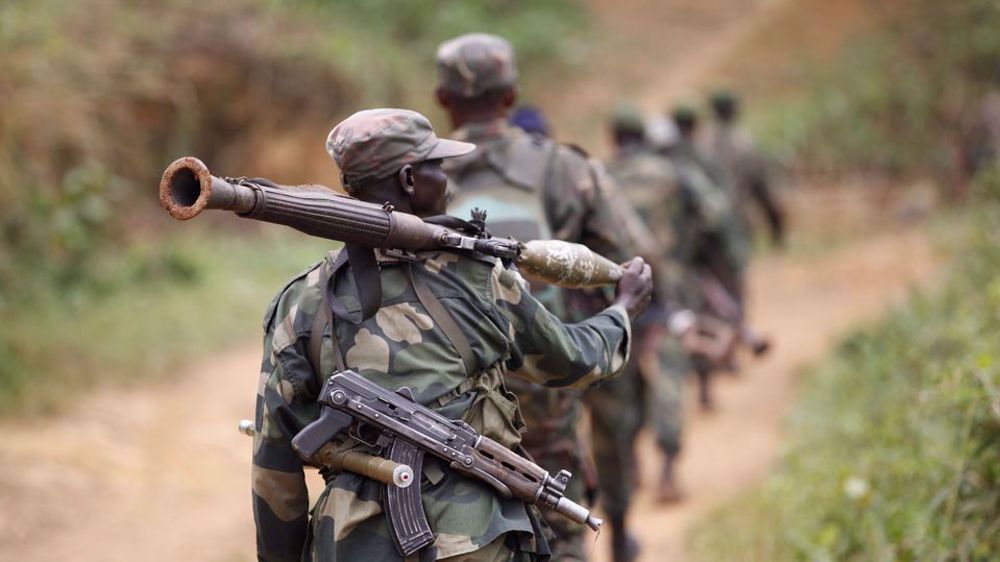


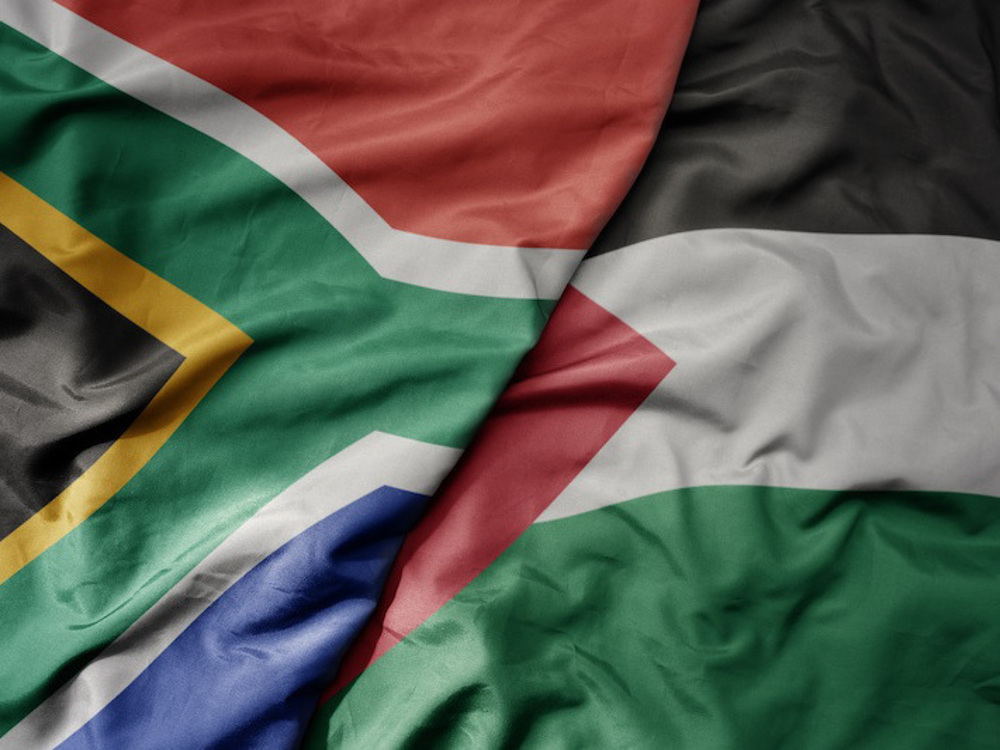



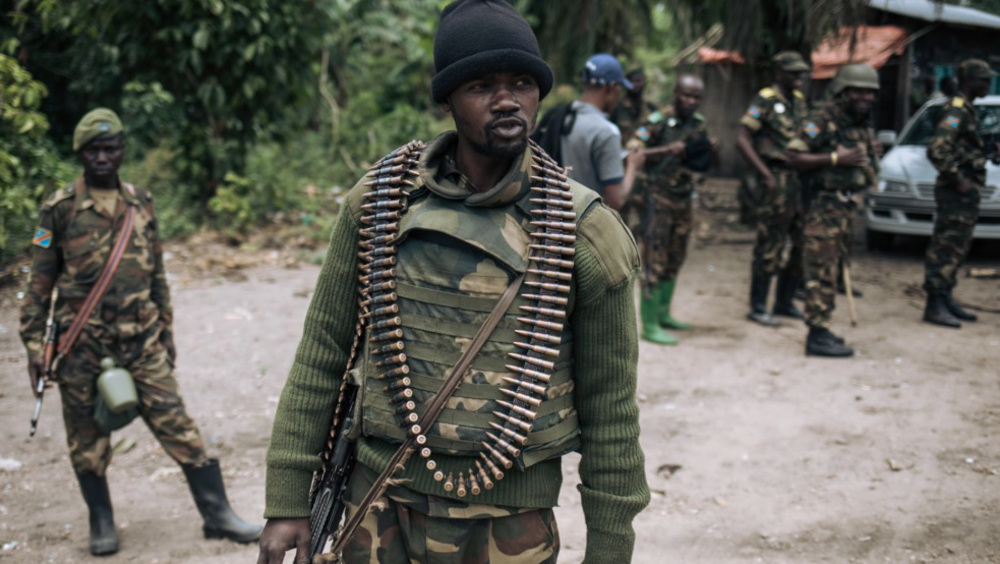
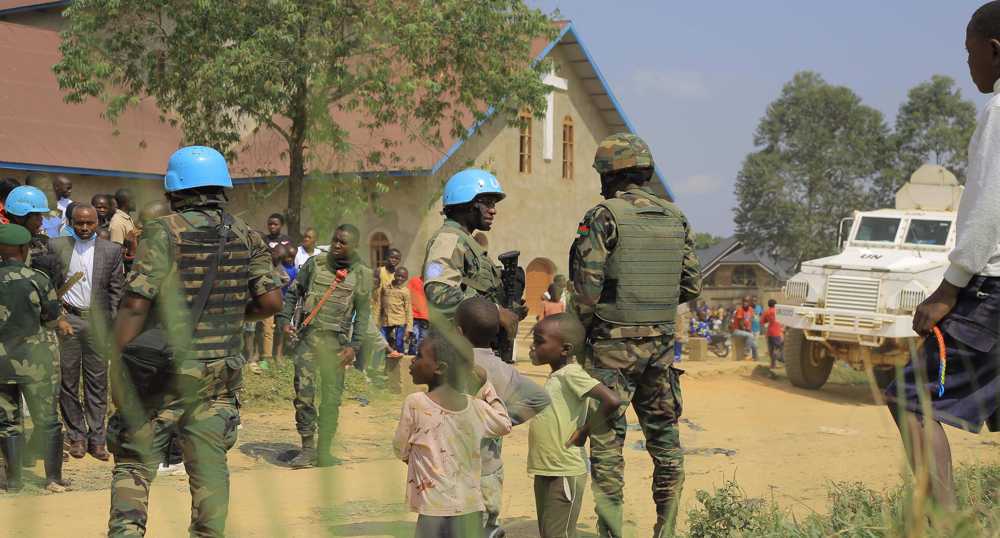
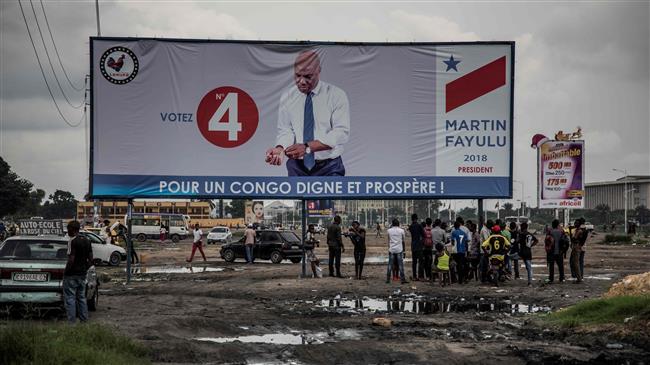

 This makes it easy to access the Press TV website
This makes it easy to access the Press TV website